Karabakh, a mountainous region in the South Caucasus, is internationally recognized as Azerbaijani territory. However, parts of it are run by Armenian separatists who claim the region as their homeland.
Since the collapse of the Soviet Union in 1991, Karabakh has been the focus of two wars, one of which broke out in 2020. US Secretary of State Antony Blinken has called on Azerbaijan to immediately stop its operations, saying the campaign will only worsen the humanitarian situation in Karabakh - a reference to the blockade of the region by the Baku government.
The European Union, France and Germany have condemned Azerbaijan's military actions, calling on it to return to negotiations on Karabakh's future with Armenia.
Videos posted on social media on Tuesday in Stepanakert, central Karabakh (an area Azerbaijan calls Khankendi) showed heavy artillery fire could be heard.
Hikmet Hajiyev, foreign policy adviser to Azerbaijani President Ilham Aliyev, said Baku had deployed ground forces. He added that they had overcome Armenian defenses in several places and had achieved some of their main objectives, although Armenian forces have denied these claims.
The Baku government's defense ministry said Azerbaijani forces had captured 60 military positions and destroyed 20 military vehicles and other equipment.
Karabakh separatist authorities said 25 people were killed, including two civilians, and 138 others were injured after Baku attacked. Residents in several villages were evacuated.
Reuters could not verify the claims from either side.
It remains unclear whether Baku’s actions could lead to a full-blown conflict with Armenia. However, there are signs of political repercussions in Yerevan, with Armenian Prime Minister Nikol Pashinyan – who is seen by the Russian government as too pro-Western – reportedly calling for a coup against him.
Several Armenians gathered in Yerevan, the capital of Armenia, to call for action from the government, with a series of clashes between police and crowds resulting in injuries on both sides.
The fighting in Karabakh could affect the geopolitical balance in the South Caucasus, crisscrossed by oil and gas pipelines, where Russia – a country increasingly focused on the situation in Ukraine – wants to maintain its influence in the region against Türkiye, which backs Azerbaijan.
"Closing a chapter of history"
Mr. Hajiyev said that the country's army used guided weapons to attack military targets, in order to avoid causing unwanted casualties among civilians.
“Azerbaijan's goal is to close a chapter of history filled with hostility and confrontation between the two countries,” he said.
“We have had enough. We cannot accept the fact that there is an armed force occupying our territory and a regime that challenges the security and sovereignty of Azerbaijan every day.”
The Azerbaijani Defense Ministry in a statement announced its intention to “disarm and ensure the withdrawal of Armenian armed forces from the country's territory, neutralizing their military infrastructure.”
The ministry said it was taking action to “restore the constitutional order of the Republic of Azerbaijan” and that civilians were free to leave the region through humanitarian corridors, including those that would allow them to return to Armenia.
Armenian Prime Minister Nikol Pashinyan commented, asserting that this was an attempt to drive Armenians out of Karabakh and a campaign of “ethnic cleansing”. However, the Baku government denied this accusation.
Armenia, which has held peace talks with Azerbaijan that included issues over the future of Karabakh, condemned Baku's "full-scale aggression" in Karabakh and accused Azerbaijan of shelling several towns and villages.
Call for help
Armenia asserted that its armed forces are not present in Karabakh and that the situation on Armenia's border with Azerbaijan is currently stable, and has called on the United Nations Security Council for help as well as for the intervention of the Russian peacekeeping force in the region.
After brokering a ceasefire in 2020 after Azerbaijan recaptured large swaths of territory around Karabakh that it lost to Armenia in a 1990 conflict, Russia called for a halt to the fighting.
Kremlin spokesman Dmitry Peskov said the Russian government is in contact with Azerbaijan and Armenia and is urging the two countries to sit down at the negotiating table. He also said Moscow considers ensuring the safety of civilians in the conflict zone a top priority.
Armenia has accused Russia of being too focused on the conflict in Ukraine, failing to provide adequate protection for the country and insisting that Russian peacekeepers in Karabakh are not doing their job properly. Protesters angry about Russia’s actions (which they see as a failure to deter Azerbaijan) chanted anti-Russian slogans outside the Russian embassy in Armenia on Tuesday afternoon.
The US government is undertaking some crisis diplomacy around an event it sees as a potential source of danger, US officials said, and said Mr Blinken could intervene in the next 24 hours to defuse the crisis.
France said on Thursday it had called for a meeting of the UN Security Council and was working with partners on a strong response. Germany said Azerbaijan had broken its pledge not to take military action. Türkiye said it supported Baku’s efforts to defend its territorial integrity.
In Karabakh, Ruben Vardanyan, a senior official in the Karabakh Armenian administration as of February, called on Armenia to recognize Karabakh's declaration of independence from Azerbaijan.
“The situation here is very serious. Azerbaijan has launched a full-scale military operation against 120,000 civilians, including 30,000 children, pregnant women and the elderly,” Mr. Vardanyan said in a video.
Nguyen Quang Minh (According to Reuters/Photo: Artsakh Public TV/Reuters)
Source


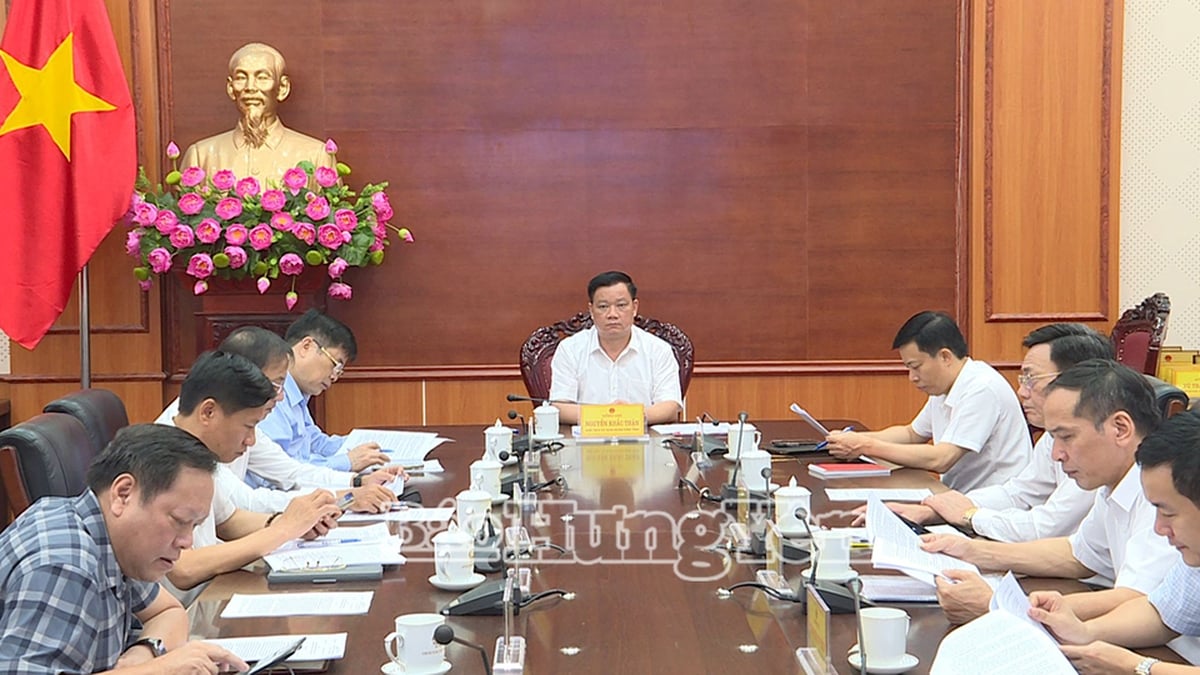
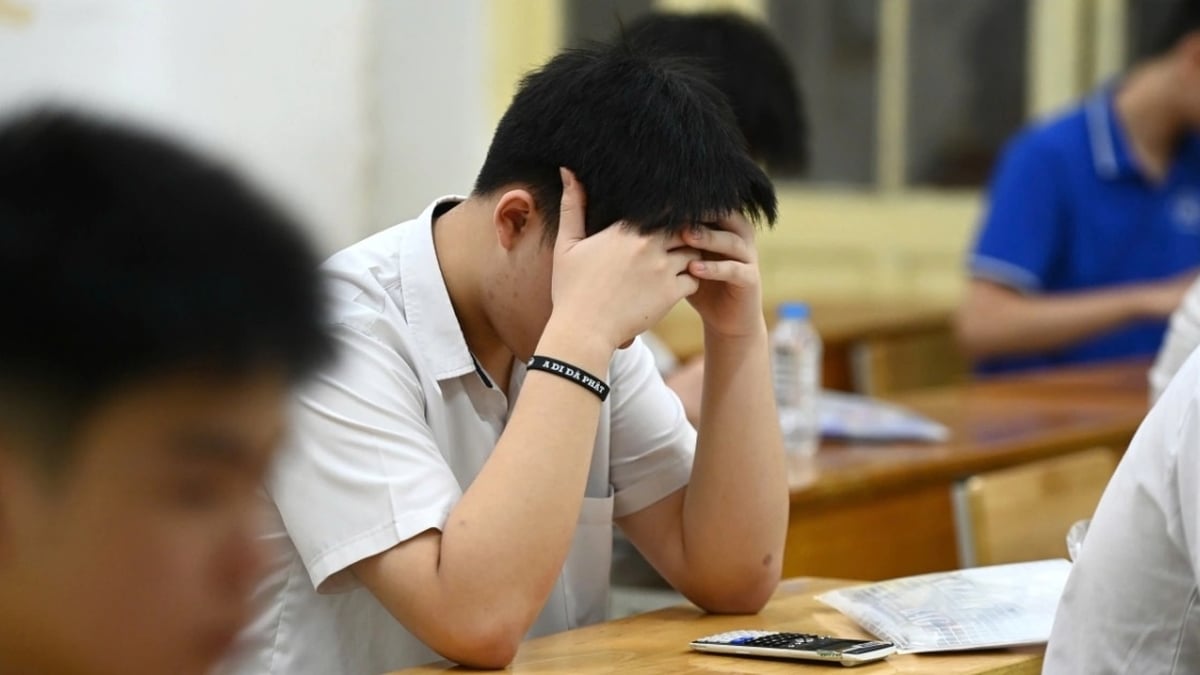




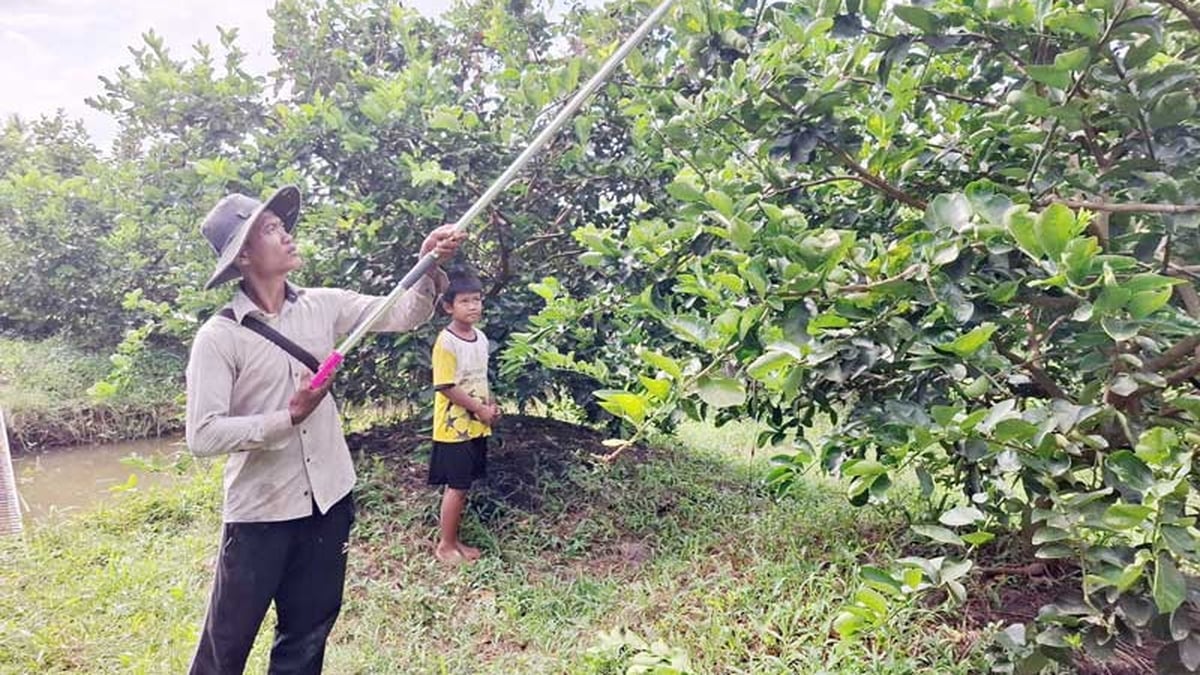
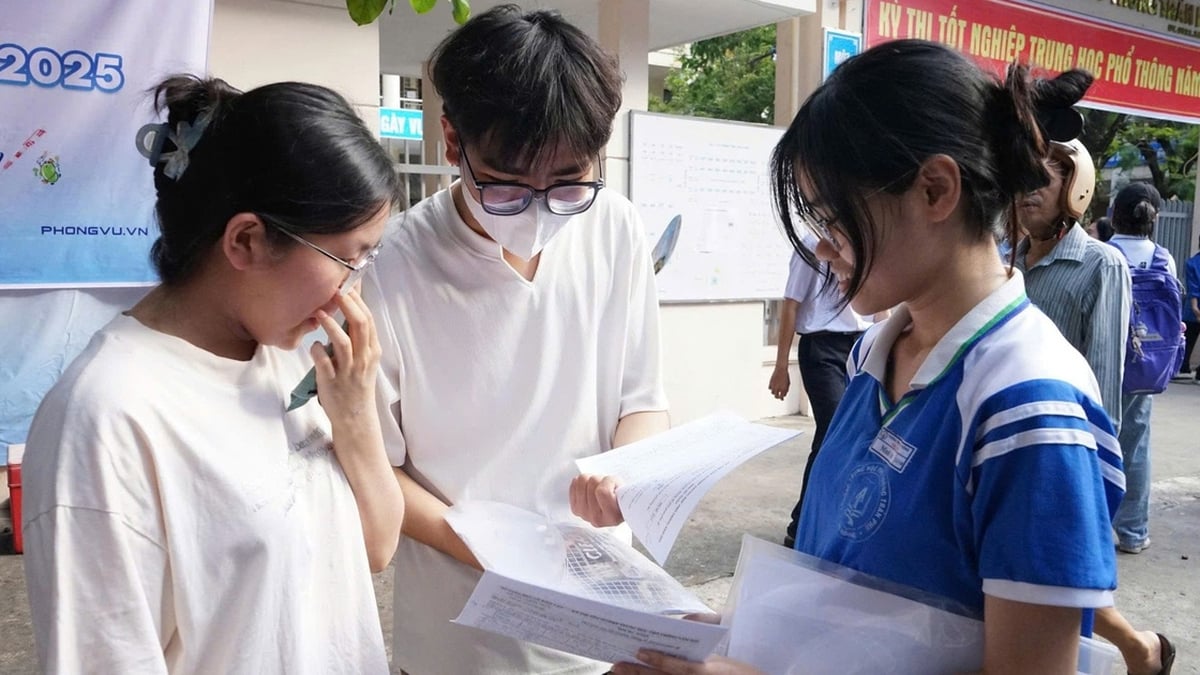
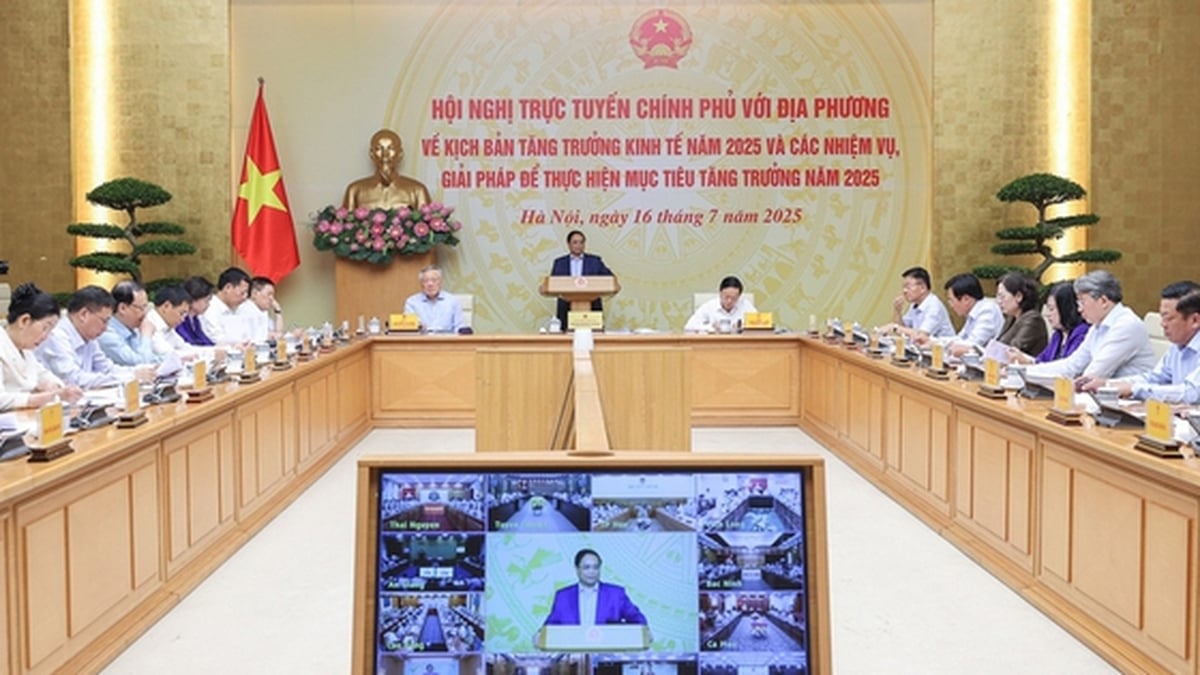



















































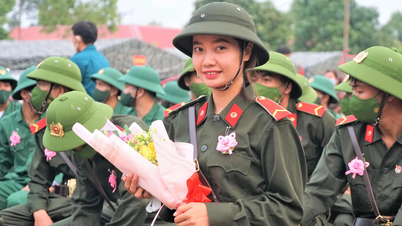

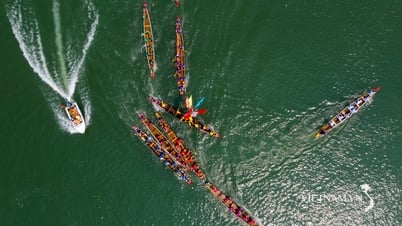
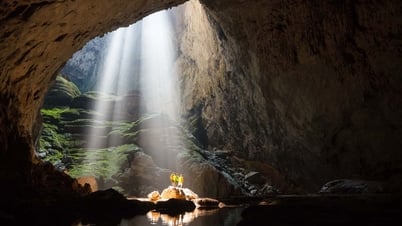

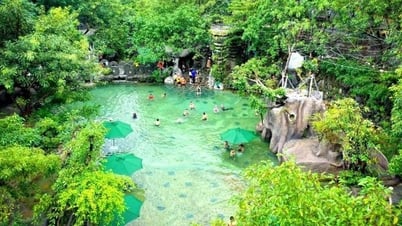

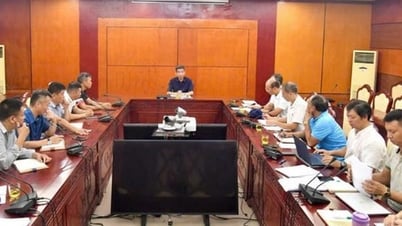
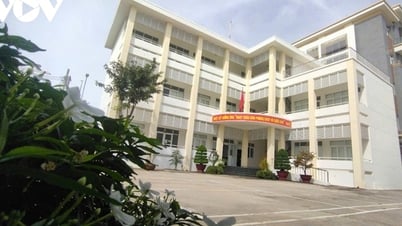


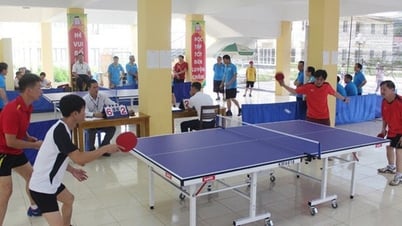





















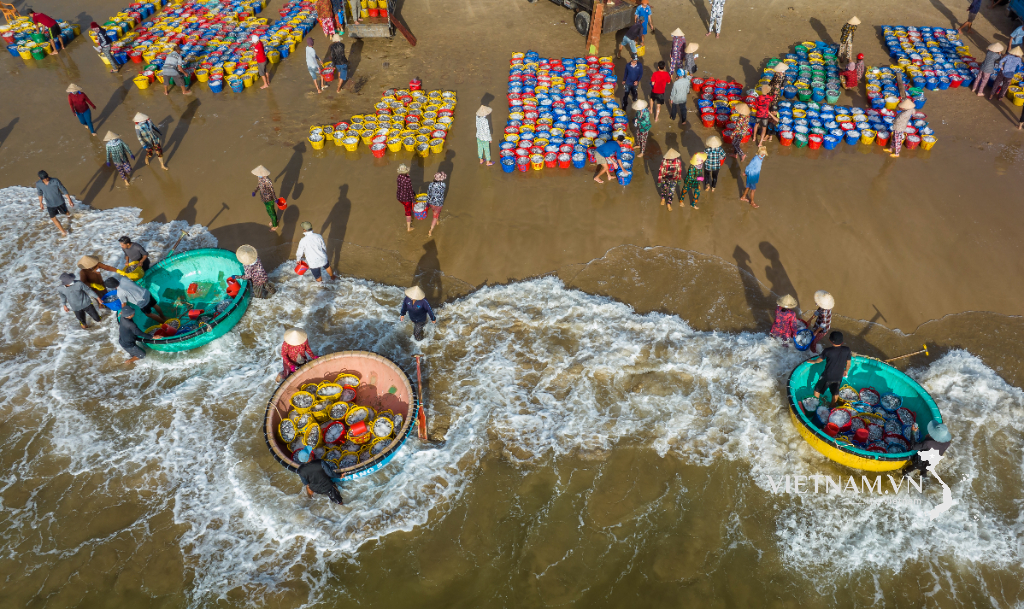

Comment (0)